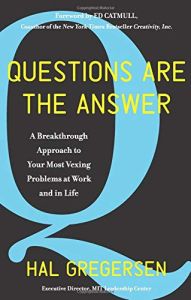
Questions Are the Answer
A Breakthrough Approach to Your Most Vexing Problems at Work and in Life
ISBN: 9780062844767
Pages: 336
Recommendation
Asking the best questions can spark innovation and invention. The problem is that society doesn’t value probing questions or questioners. Schools, for example, often smother children’s instincts to ask about things. MIT professor and leadership scholar Hal Gregersen offers strong opinions on the need for great questions and explains why unfettered questioning is essential to human progress. He explains what constitutes a quality query and details how to pursue good answers. Gregersen’s comprehensive overview on the value of always asking will boost inquisitive thinkers everywhere.
Summary
About the Author
MIT Leadership Center executive director Hal Gregersen, PhD, is a senior lecturer in leadership and innovation at the MIT Sloan School of Management. He has authored or co-authored 10 books, including the best-selling The Innovator’s DNA.










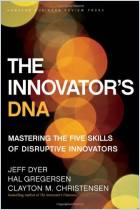
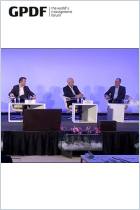
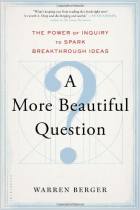
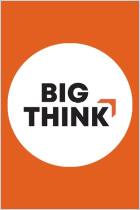
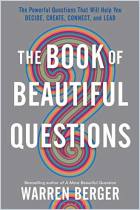
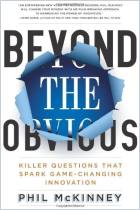

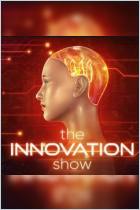






Comment on this summary or 开始讨论